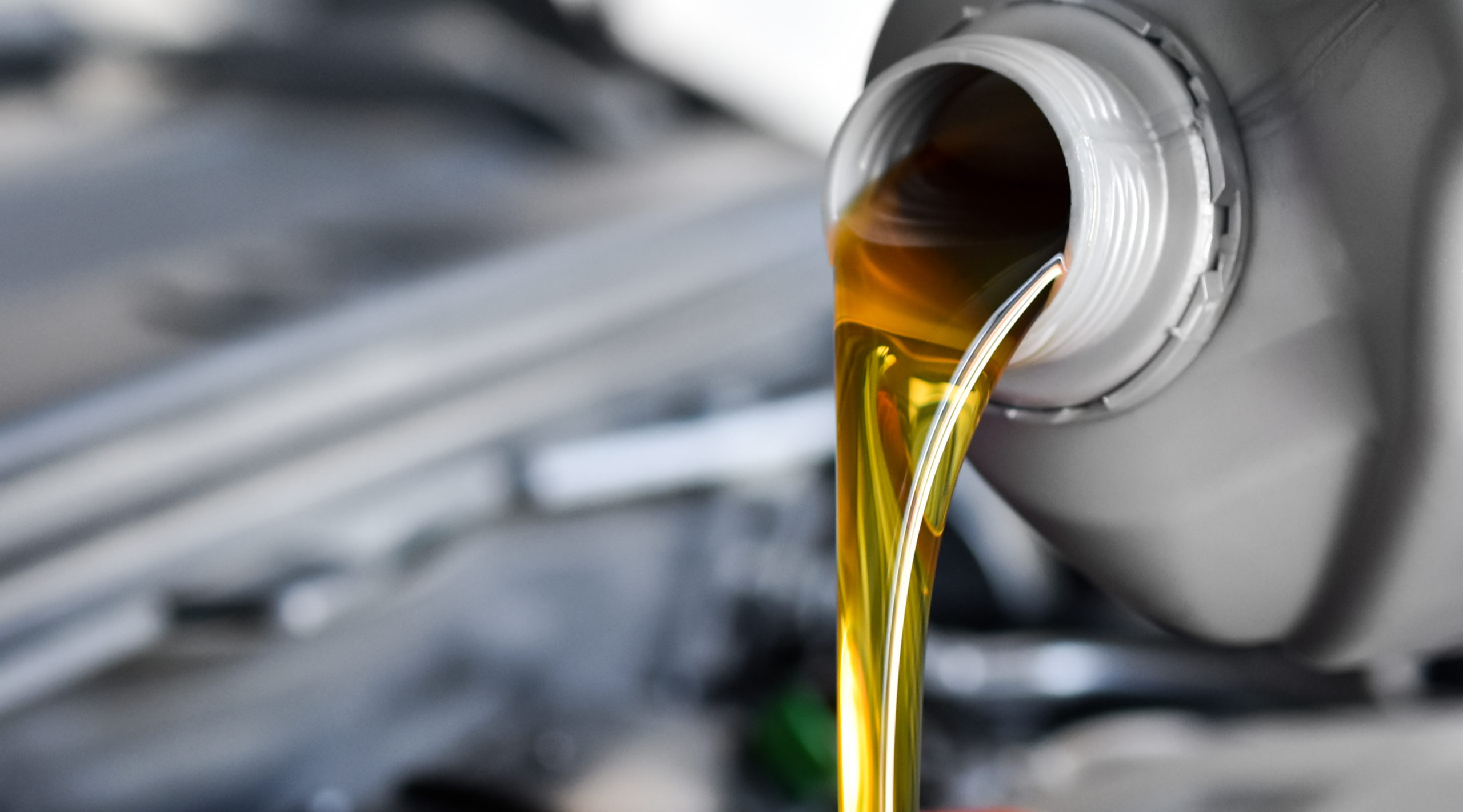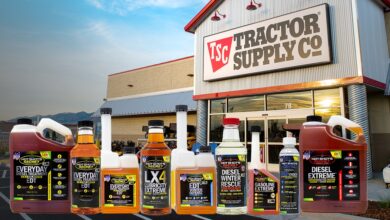API Develops New Motor Oil Performance Standards

 Working with the auto industry, oil marketers, additive companies and others, the American Petroleum Institute (API) has developed new performance standards for motor oils.
Working with the auto industry, oil marketers, additive companies and others, the American Petroleum Institute (API) has developed new performance standards for motor oils.
Modern cars, SUVs and pickup trucks offer sophisticated high-performance gasoline-powered engines which are more efficient, with many requiring low viscosity motor oil to meet the needs of vehicle manufacturers. This includes oils such as 5W-20, 0W-20 and even 0W-16.
Newer engines have been designed with tighter tolerances, and many are gasoline direct injected (GDI) and turbocharged direct injected (TGDI). Advanced motor oils are required to ensure these engines operate efficiently. Several years ago, automakers requested that more robust engine oils be developed that would be capable of meeting the needs of current and future gasoline engines.
Following a rigorous development process, new engine oils will be available this Spring. The new oil standards known as ILSAC GF-6A, ILSAC GF-6B and API SP will be licensable under API’s engine oil program beginning May 1, 2020. The new standards are the latest in a line of steadily more stringent performance specifications and will replace the existing ILSAC GF-5 and API SN standards.
New GF-6A oils are backward compatible with and replace current GF-5 oils and older oil standards and in viscosities as low as 0W-20. GF-6B oils are backward compatible with and replace 0W-16 oils meeting API SN performance and are intended for gasoline engines requiring 0W-16 oils. A third standard that not only includes the new ILSAC specifications, but also covers engine oils that are intended for uses not covered by the ILSAC specifications, has been approved as API Service Category SP and is backward compatible with API SN oils.
The new standards specify more stringent engine oil performance requirements for spark-ignited internal combustion engines. During the process, seven new or replacement engine tests were developed, evaluated and measured for precision, and companies ran tests to demonstrate that oils can meet the more stringent requirements. The new tests include the first ever timing chain wear test and a new test to measure fuel economy improvement provided by very low-viscosity engine oils. The standards also include a test designed to protect against low speed pre-ignition (LSPI).
For more information, visit Motor Oil Matters.



